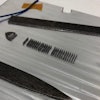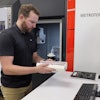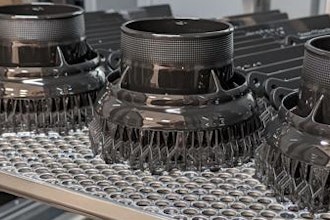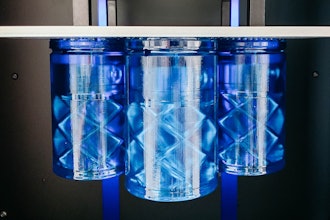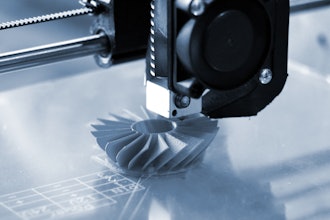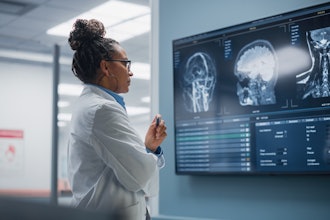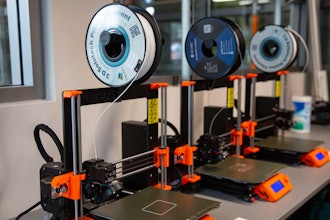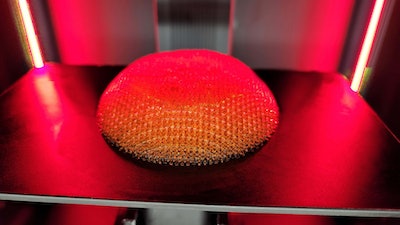
Stratasys and CollPlant Biotechnologies today announced a joint development and commercialization agreement to collaborate on the development of a solution to bio-fabricate human tissues and organs using Stratasys’ P3 technology-based bioprinter and CollPlant’s rh-Collagen-based bioinks. The first project focuses on the development of an industrial-scale solution for CollPlant's regenerative breast implants program.
Stratasys is a leader in polymer 3D printing solutions. CollPlant is a pioneering regenerative and aesthetics medicine company developing innovative technologies and products based on its plant-based collagen for tissue regeneration and organ manufacturing.
The new bioprinter, based on Stratasys’ precise P3 3D printing technology in combination with CollPlant's flagship bioinks, will enable the production of CollPlant’s state of the art breast implants, which are being designed to regenerate an individual’s natural breast tissue without eliciting immune response, providing a potentially revolutionary alternative for both aesthetic and reconstructive procedures.
Currently the global breast implant market is estimated to be $2.6 billion, while breast reconstruction and augmentation procedures represent the second most common plastic surgery procedure performed worldwide today. The most common breast augmentation or reconstruction procedures today are based on synthetic silicone breast implantations, an artificial substitution for natural regenerated tissue with risks of complications.
Under the agreement, both companies have agreed to cross-promote each other’s bioprinting products. Stratasys’ bioprinter will be offered to customers together with CollPlant’s bioinks, and similarly Stratasys’ bioprinter will be offered to CollPlant’s business partners and customers.
In January 2023, CollPlant announced that it successfully completed a large-animal study for its 3D bioprinted regenerative breast implants. The preclinical study demonstrated progressive stages of tissue regeneration after three months, as highlighted by the formation of maturing connective tissue and neovascular networks within the implants, with no adverse events reported. Based on these positive results, CollPlant is planning to initiate a follow-up, large-animal study in the second half of 2023 using commercial-size implants to support subsequent human studies and future product commercialization.

